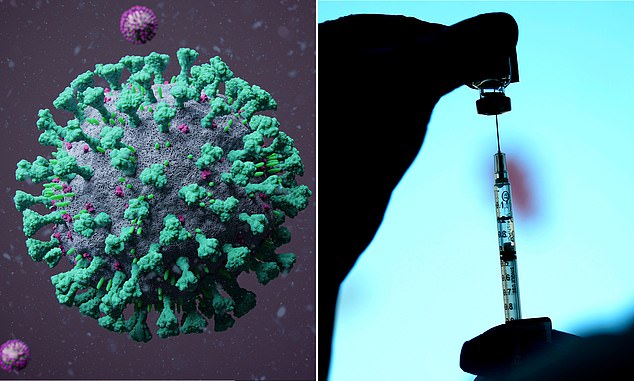
Does anyone still remember how exciting it was in late 2020 when the COVID-19 vaccines were finally within reach? Excellent trial outcomes suggested that the epidemic might end in 2021. The key concern was the vaccinations’ accessibility, along with their fair distribution among nations.
Even though scientists I know and trust had expressed skepticism about the vaccinations’ ability to prevent illness, I still believed the story because I saw no reason not to accept the trial’s findings. I also participated in an effort to get one of the manufacturers to set up a population-wide study in Iceland, similar to what Pfizer did in Israel, when concerns about vaccine sourcing for the Icelandic population surfaced in the early 2021. I’m pleased we didn’t succeed today.
The trial’s results were released two years ago soon. Despite maybe becoming less deadly, the virus continues to wreak havoc on the planet. Infection, hospitalization, and mortality data already demonstrate that vaccinations do not only fail to prevent these outcomes but can also have the opposite effect in some circumstances. In summary, the immunizations have not provided the benefits they were supposed to. Even worse, the alarming increase in side effects may suggest that for the majority of people, vaccination is either unnecessary or insignificant.
However, in most cases it is forbidden to discuss this fact. For example, LinkedIn, the world’s largest online professional community, explicitly prohibits content that focuses on the potential harm or side effects of vaccines. Facebook and Twitter policies seem to be very consistent with this.
For example, it is forbidden to say that, even if a quick search shows a case confirmed without any doubt, it is forbidden to say that the Covid-19 vaccine can cause death. It is also forbidden to share evidence that people who have been vaccinated have a higher infection rate than those who have not been vaccinated.
So it will be interesting to see how these platforms respond to those sharing the results of a new research letter presented at the Jama Network Open on August 3. The letter describes the results of a study in which all Icelanders previously infected during the Omicron wave were tested for re-infection between December 1, 2021 and February 22, 2022. The study found that 18-29-year-olds had a 15.1% chance of re-infection, decreasing with age. Although the authors expected lower rates, reinfection is not surprising given the rates of reinfection observed worldwide since the introduction of Omicron.
But the most interesting is the comparison by vaccination status. It shows that for most age groups, those who received two or more doses were more likely to be reinfected than those who did not receive the vaccine or a single dose. The difference is small but statistically significant. In the authors’ own words, “surprisingly, two or more doses of vaccine were associated with a slightly higher chance of reinfection compared with one dose or less.”
RELATED ARTICLES
- Brazil's Ministry Of Health Mandates Covid Jabs For Children As Young As 6 Months
- Italian Health Minister Faces Murder Charges Over COVID-19 Vaccine Deaths
- Australia says COVID-19 is back, Tells Citizens to Get more Vaccine Doses
- Pfizer Sues Poland For Bailing On COVID-19 Vaccine, Citing Shady EU Mega-Deal
- Romanian prosecutors seek to arrest ex-PM over conspiring with Pfizer and Moderna during COVID-19 pandemic











